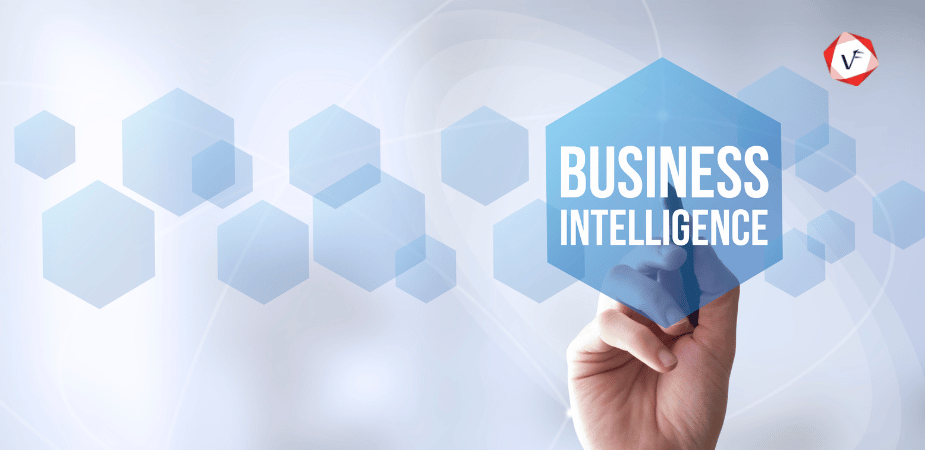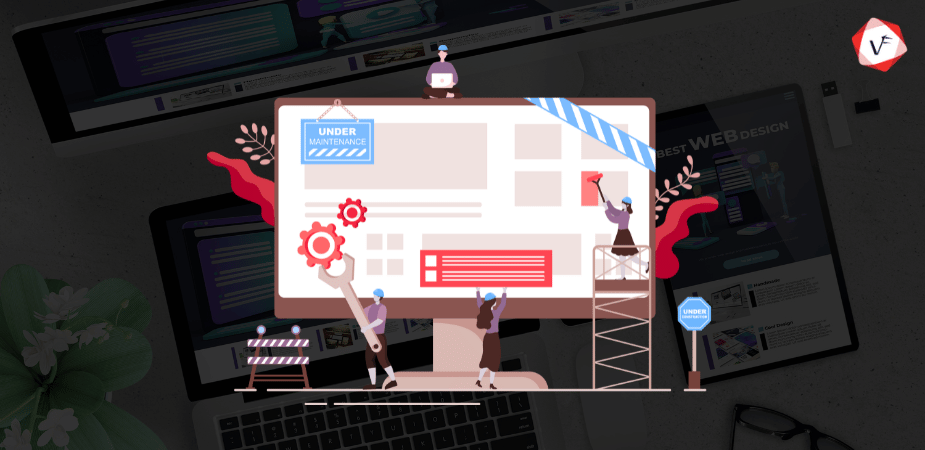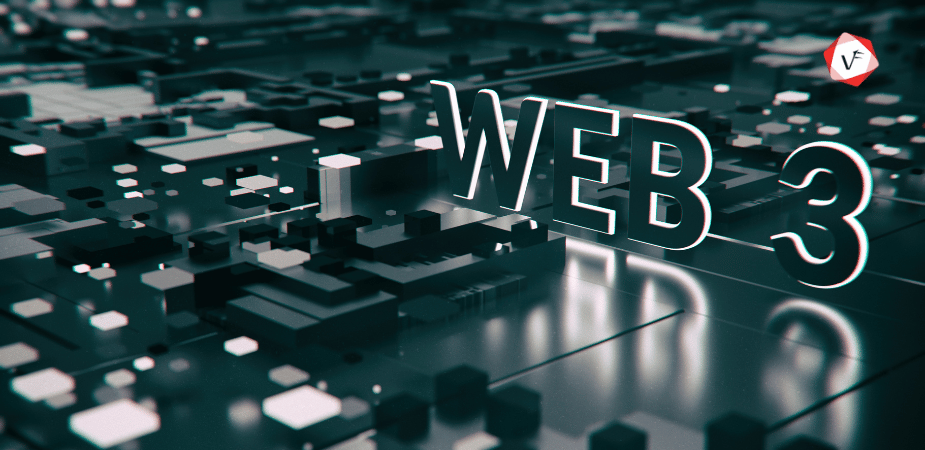Businesses must produce quicker, more dependable, and more scalable solutions in today’s lively business climate. Many companies used to depend on traditional RPG (Report Programme Generator) software; however, they might not be able to keep up with the needs of the modern world. To stay competitive, RPG systems can be modernized by utilizing cloud technologies, which offer improved scalability and agility. This article describes important tactics and advantages of cloud-based RPG application migration.
Understanding the Need for Modernization
RPG applications, primarily running on IBM i (formerly AS/400), have proven their robustness and reliability over decades. However, they were not designed with modern cloud paradigms in mind. As businesses grow, the ability to scale operations efficiently and adapt to changing demands becomes crucial. Modernizing RPG applications can address several critical challenges:
- Scalability: Traditional systems often struggle with scaling up or down based on demand.
- Agility: Cloud environments facilitate faster development cycles and easier integration with other services.
- Cost Efficiency: Pay-as-you-go models in the cloud can significantly reduce operational expenses.
- Accessibility: Cloud solutions offer enhanced accessibility, allowing for remote work and global collaboration.
The Limitations of Traditional RPG Applications
Before diving into the specifics of modernization, it’s important to understand the limitations of traditional RPG applications:
- Limited Integration Capabilities: Traditional RPG applications often find it challenging to integrate with modern applications and services, resulting in silos of information and inefficiencies.
- Static Scalability: Scaling traditional RPG systems usually involves significant investment in hardware and infrastructure, limiting the ability to respond dynamically to business needs.
- Manual Processes: Many RPG applications rely on manual processes for deployment and updates, slowing down the ability to innovate and deploy new features rapidly.
- User Experience: Older RPG applications may lack the modern user interfaces that users expect today, leading to reduced productivity and user satisfaction.
Given these limitations, modernizing RPG applications for the cloud becomes an imperative to stay competitive.
Key Strategies for Modernizing RPG Applications
- Assessing the Current State
Before embarking on a modernization journey, it’s critical to perform a comprehensive assessment of your current RPG applications. This involves:
- Inventory and Documentation: Catalog all existing applications, their functionalities, dependencies, and integrations.
- Performance Analysis: Identify performance bottlenecks and areas that require optimization.
- Business Impact Assessment: Evaluate how each application supports business processes and its impact on operations.
This assessment will help in creating a tailored roadmap for the modernization process, ensuring that critical areas are addressed first.
- Adopting a Hybrid Approach
For many enterprises, a full migration to the cloud might not be feasible initially. Adopting a hybrid approach, where critical components are migrated to the cloud while maintaining core operations on-premises, can be an effective strategy. This approach allows for gradual transformation and minimizes disruptions.
- Phased Migration: Plan a phased approach where non-critical applications are moved first, allowing the organization to gain experience and confidence.
- Interoperability Solutions: Use middleware or APIs to ensure seamless communication between on-premises and cloud-based systems.
- Redundancy and Backup: Ensure that critical data is backed up and redundant systems are in place to avoid any downtime during the transition.
- Refactoring Code for Cloud Compatibility
Modernizing RPG applications often involves refactoring code to make it cloud-compatible. This may include:
- Breaking Monoliths into Microservices: Decomposing large monolithic applications into smaller, manageable microservices enhances scalability and agility.
- API Integration: Developing APIs for key functionalities allows for better integration with other cloud services and applications.
- Containerization: Using containers (e.g., Docker) to package applications ensures consistency across different environments and simplifies deployment.
- Serverless Computing: Leveraging serverless architectures can reduce infrastructure management overhead and allow for auto-scaling based on demand.
Refactoring code can be a significant undertaking, but it is crucial for unlocking the full potential of cloud environments.
- Leveraging IBM i Cloud Services
IBM offers cloud solutions specifically designed for IBM i environments. Leveraging these services can streamline the migration process and provide native support for RPG applications. IBM Cloud for IBM i includes:
- IBM i on Power Systems Virtual Servers: These virtual servers provide a robust and scalable infrastructure for running IBM i workloads in the cloud.
- Managed Services: IBM offers managed services to handle day-to-day operations, allowing your team to focus on innovation and development.
- Development Tools: Utilize IBM’s cloud-native development tools and frameworks to build, test, and deploy modernized RPG applications efficiently.
By using IBM’s cloud services, you can take advantage of their expertise and infrastructure, reducing the complexity of the modernization process.
- Implementing DevOps Practices
Integrating DevOps practices into your modernization strategy can significantly enhance agility. Continuous integration and continuous deployment (CI/CD) pipelines enable faster and more reliable releases. Automation tools can streamline testing, deployment, and monitoring processes, ensuring high-quality and consistent application performance.
- Automated Testing: Implement automated testing frameworks to ensure that new changes do not introduce bugs.
- CI/CD Pipelines: Use CI/CD tools to automate the build, test, and deployment processes, reducing time-to-market.
- Monitoring and Logging: Implement comprehensive monitoring and logging to gain insights into application performance and quickly resolve issues.
DevOps practices foster a culture of continuous improvement, collaboration, and accountability, which are essential for successful modernization.
- Enhancing Security and Compliance
Modernizing your RPG applications for the cloud also provides an opportunity to enhance security and ensure compliance with industry standards. Cloud providers offer a range of security features and compliance certifications that can help protect your data and applications.
- Data Encryption: Use encryption for data at rest and in transit to protect sensitive information.
- Identity and Access Management (IAM): Implement IAM policies to control access to resources and ensure that only authorized personnel can make changes.
- Compliance: Ensure that your cloud infrastructure complies with relevant regulations and standards, such as GDPR, HIPAA, or PCI-DSS.
By leveraging cloud security features, you can enhance the protection of your applications and data.
Benefits of Modernizing RPG Applications for the Cloud
- Enhanced Scalability
Cloud platforms offer virtually unlimited resources, allowing your RPG applications to scale dynamically based on demand. This flexibility ensures optimal performance during peak times and cost savings during low-usage periods. For example, during a high-traffic period like the holiday season, your applications can automatically scale up to handle increased load without any manual intervention.
- Improved Agility
Modernized RPG applications can be updated and deployed rapidly, enabling your business to respond quickly to market changes and customer needs. Having this flexibility is essential to keeping a competitive advantage. With CI/CD pipelines and automated testing, new features and updates can be rolled out in days or weeks instead of months.
- Cost Efficiency
The use of cloud computing removes the requirement for large initial hardware capital investments.. The pay-as-you-go model ensures you only pay for the resources you use, leading to better cost management and predictability. Additionally, cloud providers often offer reserved instances or savings plans that can further reduce costs for long-term usage.
- Increased Reliability and Security
Leading cloud providers offer robust security measures, compliance certifications, and high-availability solutions. Migrating your RPG applications to the cloud can enhance their reliability and security posture. Features such as automated backups, disaster recovery, and geographically distributed data centers ensure that your applications are always available and protected.
- Future-Proofing Your Business
Modernizing RPG applications ensures they remain compatible with future technologies and business requirements. This future-proofing is vital for sustaining long-term growth and innovation. By adopting cloud-native technologies, your applications can easily integrate with emerging technologies such as artificial intelligence, machine learning, and the Internet of Things (IoT).
Challenges and Considerations
While modernizing RPG applications for the cloud offers numerous benefits, it’s important to be aware of potential challenges and considerations:
- Skills Gap
Transitioning to cloud-based RPG applications may require new skills and expertise. Ensuring your team is adequately trained in cloud technologies, DevOps practices, and modern development frameworks is crucial for a successful transformation.
- Data Migration
Migrating data from on-premises systems to the cloud can be complex and time-consuming. Ensuring data integrity, security, and minimal downtime during the migration process is essential.
- Legacy Dependencies
Legacy systems may have dependencies on outdated hardware, software, or third-party integrations. Identifying and addressing these dependencies is critical to avoid disruptions and ensure a smooth transition.
- Change Management
Modernizing applications often involves significant changes to processes, tools, and workflows. Effective change management practices, including clear communication, stakeholder engagement, and training, are necessary to minimize resistance and ensure a smooth transition.
- Cost Management
While the cloud offers cost efficiencies, it’s important to monitor and manage cloud expenses to avoid unexpected costs. Implementing cost monitoring and optimization tools can help manage cloud spending effectively.
Final Thoughts
Modernizing RPG applications for the cloud is not just a technological upgrade; it’s a strategic move that positions your business for future success. By embracing the cloud’s agility and scalability, you can transform your legacy systems into powerful, modern solutions that drive innovation and growth. The journey to modernization involves assessing your current state, adopting a hybrid approach, refactoring code, leveraging IBM i cloud services, implementing DevOps practices, and enhancing security and compliance.
While challenges such as skills gaps, data migration, legacy dependencies, change management, and cost management need to be addressed, the benefits of enhanced scalability, improved agility, cost efficiency, and increased reliability





